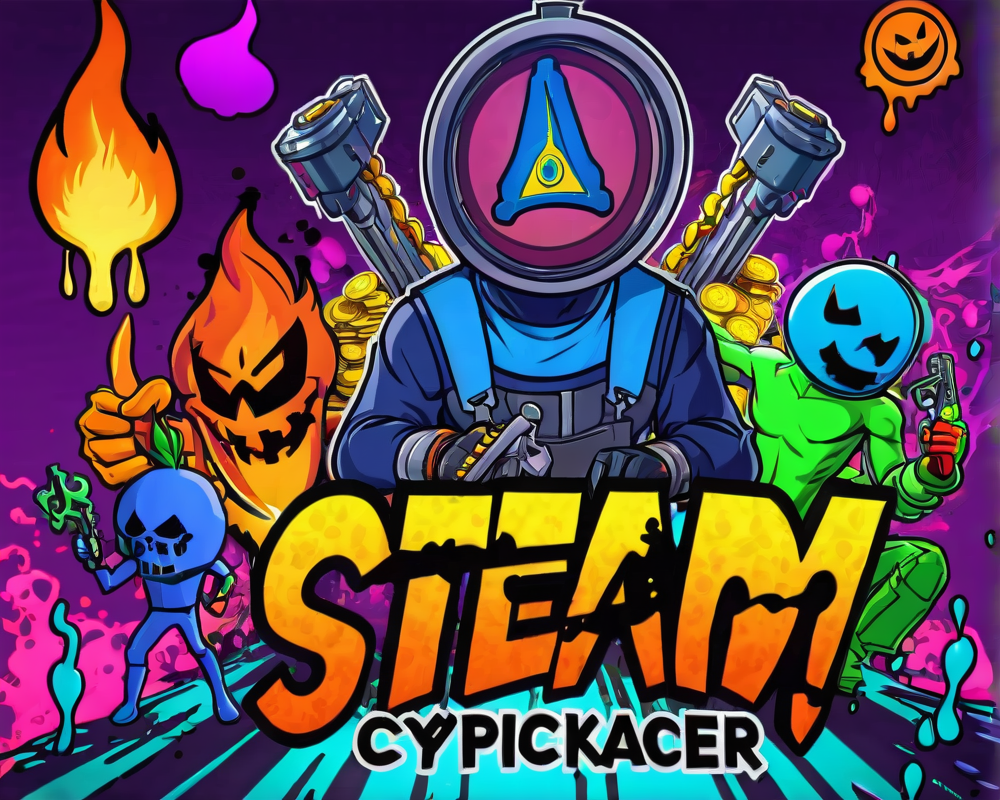Steam Takes Action Against Abstractism
In a surprising twist for gamers everywhere, Valve Corporation has delisted a game from its popular platform Steam that reportedly wreaked havoc on users’ computers. The indie game Abstractism was yanked from the digital shelves following a wave of complaints that it might be hijacking personal computers to mine cryptocurrency, specifically Monero. Who knew a gaming session could turn into an unwanted side hustle?
What Exactly Happened?
Players raised the alarm when they found that the game’s installation file was acting a bit shady, with some accusing it of harboring a Trojan virus and malware disguised as ordinary Steam processes. Labeling it ‘disruptive’ would be an understatement. It wasn’t just another mediocre game; it had an ulterior motive that made it a serious contender for the cyber villain of the year.
Red Flags and Warnings
Abstractism was launched on March 15 by developer Okalo Union and publisher dead.team. GitHub users displayed their suspicion when they noticed that the game required players to keep it running even when not in active use, all for the sake of earning rare in-game items. Sounds familiar? It’s kind of like offering a donut in exchange for your free time, but with more financial implications.
Players’ Discoveries
As players dug deeper, they realized the game was consuming an absurd amount of CPU and GPU resources. It triggered numerous malware warnings, prompting players like YouTuber SidAlpha to raise their voices against the glaring issues. If a small indie game is causing your computer to work harder than your local gym trainer, something’s off!
Developer’s Defense
When confronted with these accusations, Okalo Union didn’t back down. They claimed that the performance issues were simply due to players using high graphics settings. They insisted, “Abstractism does not mine any cryptocurrency. Probably, you’re playing on high graphics settings because they consume more CPU and GPU power.” But come on, when did post-processing effects turn into poaching processors?
Players’ Reactions
Not surprisingly, gamers were not buying this defense. One user posted a fiery retort: “Bull. Sh*t. You shouldn’t be on this platform… actively place viruses on customer’s PCs and knowingly screw them over for monetary gain.” Talk about a fiery defense of public interest!
A Historical Context
This debacle isn’t the first for Valve. In 2016, they dipped their toes into the cryptocurrency pool by accepting Bitcoin (BTC) payments on Steam. But by December of the following year, they jumped ship, halting Bitcoin payments due to escalating fees and unpredictable volatility. It seems that when it comes to digital cash and gaming, one can never be too cautious.




